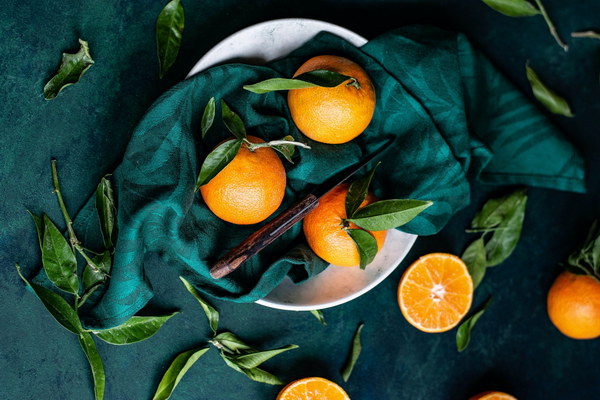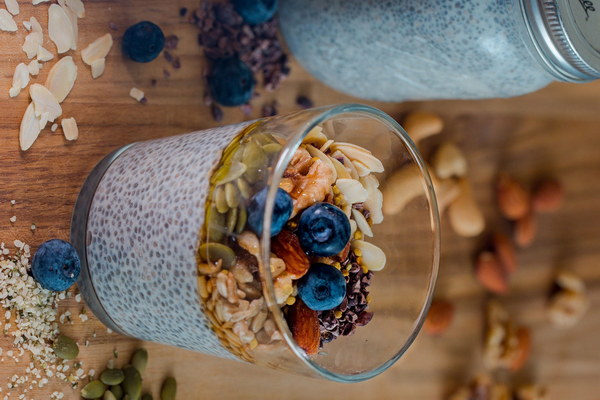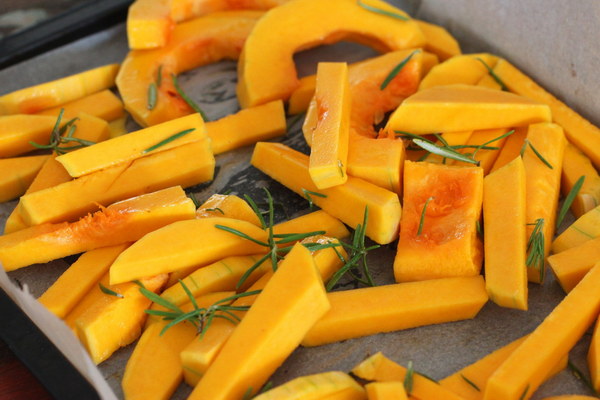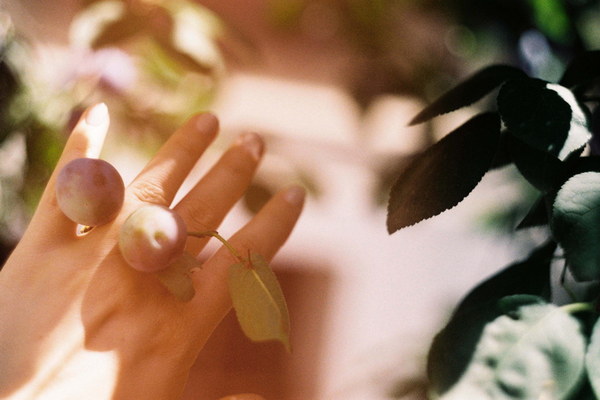Essential Herbs for Moisture Removal A Comprehensive Guide to Home Remedies
In the realm of traditional Chinese medicine, the concept of dampness is a prevalent health concern. Dampness is believed to be the accumulation of excess moisture in the body, which can lead to various ailments. To combat this, many households keep a well-stocked arsenal of herbs and remedies to help expel dampness. This article will provide an overview of some common moisture-removing herbs and their uses.
1. Astragalus (Huang Qi)
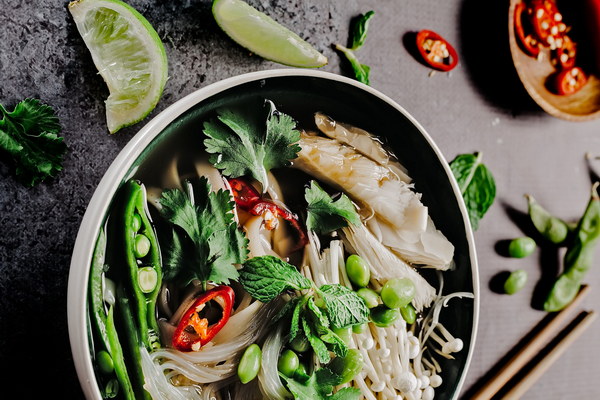
Astragalus is a well-known herb in traditional Chinese medicine, renowned for its immune-boosting properties. However, it is also an excellent moisture-removing herb. This herb helps to strengthen the body's defense against external pathogens and internal dampness. It can be taken in the form of tea, decoction, or as a supplement.
2. Poria (Fu Ling)
Poria is another popular herb used to remove dampness. It is believed to have a mild, sweet taste and a neutral nature. Poria can be used to treat a variety of dampness-related conditions, such as edema, dampness in the digestive system, and damp-heat. It is often combined with other herbs to enhance its effectiveness.
3. Atractylodes (Cang Zhu)
Atractylodes is a common herb used to expel dampness and treat diarrhea, dysentery, and other digestive issues. It has a bitter and sweet taste with a slightly warm nature. Atractylodes is often used in combination with other herbs, such as Cinnamon and White Atractylodes, to target specific dampness-related problems.
4. Licorice (Gan Cao)
Licorice is a versatile herb that can be used to harmonize the effects of other herbs. While it does not directly remove dampness, it can help to balance the body's Yin and Yang, making it an essential ingredient in many herbal formulas. Licorice is also known for its anti-inflammatory and soothing properties.
5. Alisma (Ze Xie)
Alisma is a herb that is particularly effective for treating dampness in the digestive system. It has a sweet and cold nature and is often used to treat conditions such as edema, jaundice, and abdominal distension. Alisma can be taken in the form of tea, decoction, or as a supplement.
6. Curcuma (Yu Jin)
Curcuma is a herb with a bitter taste and a slightly cold nature. It is commonly used to treat dampness and heat-related issues, such as damp-heat in the liver and damp-heat in the lungs. Curcuma can be taken as a tea, decoction, or as a supplement.
7. Coix Seed (Yi Yi Ren)
Coix seed is a popular herb used to expel dampness and improve digestion. It has a sweet taste and a neutral nature. This herb is often used to treat damp-heat in the body, such as boils, abscesses, and skin problems. Coix seed can be taken as a tea, decoction, or as a supplement.
In conclusion, these seven herbs are just a few examples of the many moisture-removing remedies available in traditional Chinese medicine. While these herbs can be beneficial for treating dampness-related conditions, it is essential to consult with a healthcare professional before starting any new herbal treatment. Remember, a well-balanced diet and a healthy lifestyle are also crucial for maintaining good health and preventing dampness.
